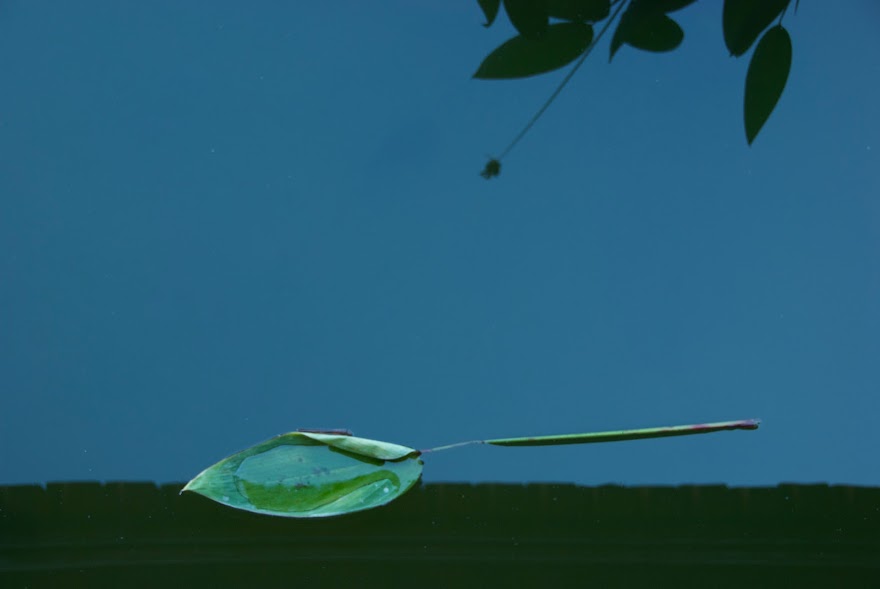I don’t believe it does. I asked Carol and she doesn’t either.
Now that I have your attention, to universal disappointment I am not talking about the act, but the gender of a translator.
Now that I have your attention, to universal disappointment I am not talking about the act, but the gender of a translator.
I have just finished reading a new translation of THE ODYSSEY, the first by a woman, Emily Wilson. I find that surprising. THE ODYSSEY has been translated dozens, perhaps hundreds of times into English over hundreds of years, but apparently not until now by a woman.
Being Ulysses I like to read about my past from time to time and have read several translations of THE ODYSSEY. Lattimore. Fitzgerald. Fagles. Emily Wilson’s is a pleasure. Not the greatest poetically, but clear, contemporary and very readable. I don’t recall ever enjoying reading the epic more.
I did notice that several times in her translation Emily Wilson uses the objective case rather than the nominative after the verb ‘to be’. As I’m sure she knows, “It is he.” was proper usage in the past. In her translation, “It is him.” is routinely used. Language is always changing and perhaps I am behind the times. If so, I will continue to be.
I had not remembered that almost half the Odyssey takes place after Ulysses returns to Ithaca, which he does in Book 13 of 24.
I also had forgotten that as related in Book 19 he was given his name by his grandfather, Autolycus. In her notes Wilson says the verb odussomai can mean to hate or to be angry at. Others translate it as giver or receiver of pain. Ulysses was both.
While I enjoy THE ODYSSEY, I prefer THE ILIAD. I hope Emily Wilson translates it soon.
———
Carol and I had a quietly pleasant long Thanksgiving weekend. We watched a few movies and episodes of season three of the Netflix series, Narcos.
I also watched some basketball and football and was struck by lunkhead plays. Turnover ratio in football. Walking the leadoff batter in baseball. Unforced errors in tennis. Across all sports, the most critical statistics and the most profound lesson is: Don’t beat yourself.
———
I thank Zane for a link to an article about Albert Einstein as sailor. I read a biography of Einstein a few years ago and knew of his love for being on the water and his lack of concentration, or even awareness sometimes, of the matter at hand.
I thank Jay for a link to an article about a small boat voyage made by Francis Brenton of which I was completely unaware for reasons the article explains toward the end. If you google his name, you can find photos of his boat.
As an ordeal his voyage is impressive.
But Francis Brenton was an adventurer, not a sailor.
Although I have been called one, I am not an adventurer. I am a sailor.
